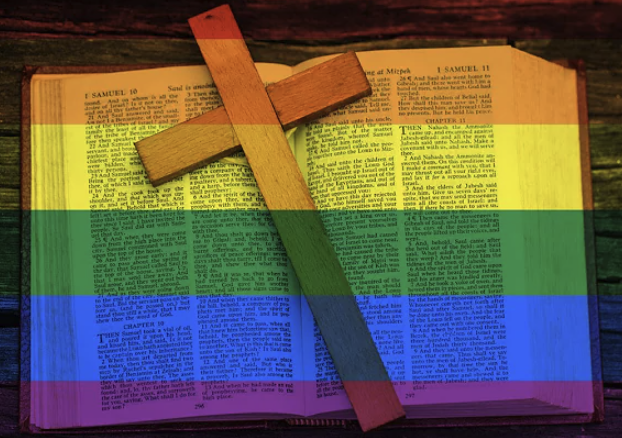Faced with a throng of worried parents, Montgomery County Councilmember Kristin Mink met with a few Muslim protestors to hear their objections to the "LGBTQ+ inclusive texts" that school teachers would be using with their children.
The Maryland Democrat was not amused by what she heard.
"This issue has unfortunately put … some, not all of course, Muslim families on the same side of an issue as white supremacists and outright bigots," said Mink, in early June. "The folks I have talked with here today, I would not put in the same category as those folks, although, you know, it's … complicated."
Public-school efforts to promote equity, she added, are "not an infringement on, you know, particular religious freedoms."
This public statement stunned a coalition of Muslims, Orthodox Christians, evangelicals, Jews and others committed to a Maryland policy that allowed students to avoid some activities focusing on family life, gender change and same-sex relationships. These parents, for starters, objected to the use of books such as "Born Ready: The True Story of a Boy Named Penelope," "Rainbow Revolutionaries: Fifty LGBTQ+ People Who Made History" and "Pride Puppy!", an ABC book familiarizing preschool and kindergarten children with the sights and sounds encountered when attending Pride marches.
In the spring, Montgomery County officials limited use of the opt-out policy, while releasing a notice stating that "teachers will not send home letters to inform families when inclusive books are read in the future."
Council on American-Islamic Relations leaders – citing documents from an open-records request – noted that officials also encouraged teachers to "scold, debate or 'disrupt the either/or thinking' of … students who express traditional viewpoints" on gender, family life and sexuality. Also, students should be instructed not to use "hurtful," "negative" words.
This parental rights battle has now moved to courtrooms, like so many other religious liberty cases that have recently reached the U.S. Supreme Court.










